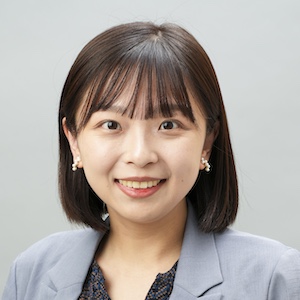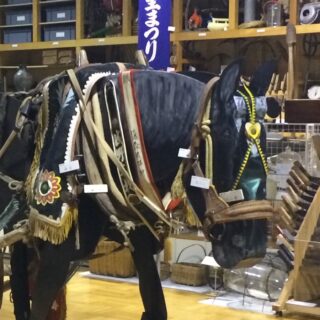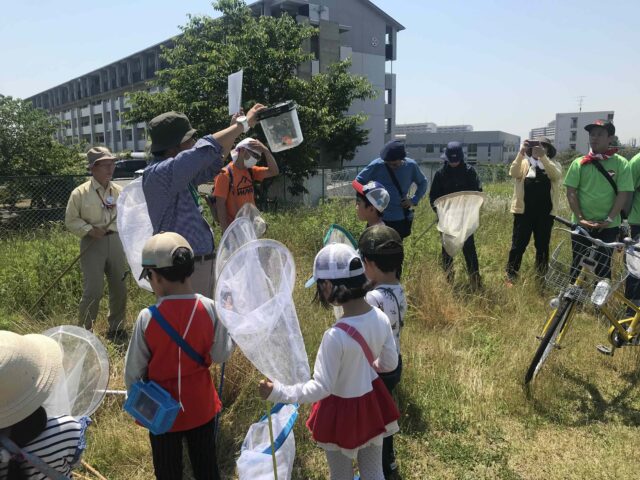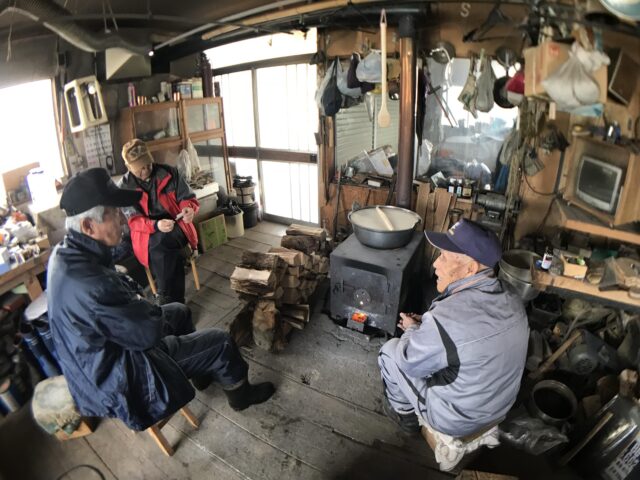Profile

- Research Subject
- exploring how museums cooperate with local communities and its social effects
- citizen-oriented management style of small-scale museums
- the social role of museums
- Research Fields
- Museum Studies
- Faculty - Division / Research Group / Laboratory
- Division of Humanities / Research Group of Cultural Diversity Studies / Laboratory of Museum Studies
- Graduate School - Division / Department / Laboratory
- Division of Humanities / Department of Cultural Diversity Studies / Laboratory of Museum Studies
- School - Course / Laboratory
- Division of Humanities and Human Sciences / Course of Philosophy and Cultural Studies / Laboratory of Museum Studies
- Contact
Office/Lab: 306
Email: taku(at)let.hokudai.ac.jp
Replace “(at)” with “@” when sending email.Foreign exchange students who want to be research students (including Japanese residents) should apply for the designated period in accordance with the “Research Student Application Guidelines”. Even if you send an email directly to the staff, there is no reply.- Related Links
Lab.letters


The various "faces" of museums as depositories for regional regeneration and town memories
In Itami City, where I underwent my post-graduate field study, city cultural facilities, local residents, and business associations, centered around a local insectarium, have been engaged in a “Singing Insects and Gocho” project since 2006. Using a logic model, I am investigating what societal benefits this project brings to the community. I am also trying to record, in detail, this wish to “preserve town memories” and related archiving activities by interviewing volunteer organizations such as the Asahi Local History Archive in Shibetsu City, Hokkaido.
I am further deepening the definition of what a museum is, as they are becoming “places where people can cherish the memories and thoughts of others,” through interviews with museums and relevant persons who have different missions and roles in each region.

Choosing a field leads to responsibilities for it
Hokkaido was developed by settlers, so it can be predicted that the character of a place would strongly color and be reflected in museums. Which raises the question of how we can explore together the ideal approach to museums which are distinct to Hokkaido while valuing the individuality of individuals.
I have a clear recollection of being taught by museology Professor Toru Sasaki that “choosing a field makes a researcher have a responsibility for that area. We must fulfill that responsibility by writing our own papers.” What he taught resonated even more deeply for a researcher like me whose topic is on museums and regional cooperation, and I would like to connect his words and the importance of fieldwork to the students I will meet in the future.
Message
My research is focused on the connection between museums and local communities and their social effects. In particular, I have been engaged with the ideal approach to resident-led management of small museums and measuring the social effects of museum local cooperation activities. Recently, I have been paying attention to not only aspects that touch on museums as a whole, such as the role expected of museums and the business environment that museums are located in, etc., but also the activities of curators who are directly facing local communities.
To sum up, the relationship between museums and local communities is a mixture of mutual interactions between various actors in each region. The roles required of museums can change according to the individuality and characteristics of each region. Consequently, to advance research it is not only about paying attention to museum activities, but it is also about attaching importance to fieldwork to see the actual situation of each region so as to understand the image of museums required by various actors in local communities.
In addition, I would like to be conscious of being able to pick up the opinions of people such as volunteers working at places like museums, membership associations, various local actors and residents, and the thoughts and line of thinking of curators who are close to the aforementioned roles.
Would you like to explore the relationship between museums and local communities while incorporating methods from related fields on the value that museums bring to local communities?



